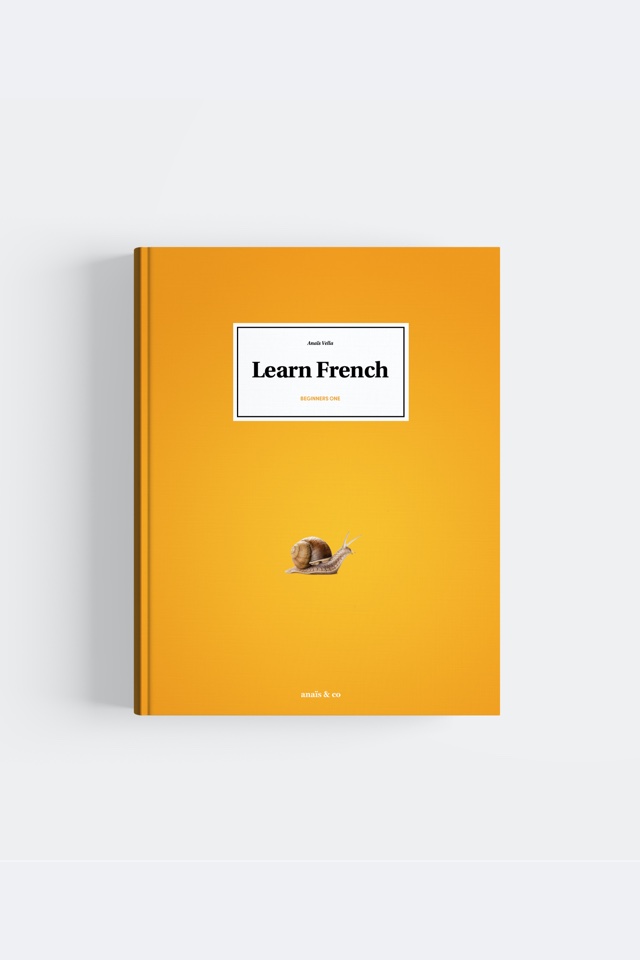

In French the most common negation is “ne pas” but we have many other words. The negation always comes in two parts. The first part is “ne” and it must be shortened to “n’” in front of a vowel or “h”. The second part is “pas”, but it can be replaced by another negative word.
For example:
Il n’aime pas le film → He doesn’t like the movie.
Elle ne parle pas anglais → She doesn’t speak English.
The negation in French always has the same position, “ne” goes before the conjugated verb and “pas” or the other negative word, after the conjugated verb. In the spoken language, in informal situations, very often we omit the “ne.”
For example:
Il n’aime pas le film → He doesn’t like the movie.
Elle ne parle pas anglais → She doesn’t speak English.
“Ne pas” means “don’t” or “not”. After “pas” you must change the indefinite and partitive articles to “de” or “d’”, except with “être” (to be) or other verbs describing a state. The other articles, definite and contracted, stay as they are not describing a quantity.
For example:
J’ai une voiture → Je n’ai pas de voiture →
I don’t have a car.
Je suis une menteuse →
Je ne suis pas une menteuse → I am not a liar.
“Ne plus” means “no longer” or “no more”. Here “plus” is used instead of “pas”. After “plus” you must change the indefinite and partitive articles to “de” or “d’”, except with “être” (to be) or other verbs describing a state. The other articles, definite and contracted, stay as they are not describing a quantity.
For example:
Je ne travaille plus → I am no longer working.
Je fais du foot → Je ne fais plus de foot → I am no longer playing football.
“Ne jamais” means “never”. Here “jamais” is used instead of “pas” or “plus”. After “jamais” you must change the indefinite and partitive articles to “de” or “d’”, except with “être” (to be) or other verbs describing a state. The other articles definite and contracted, stay as they are not describing a quantity.
For example:
Je mange du pain → Je ne mange jamais de pain →
I never eat bread.
Elle boit de l’eau → Elle ne boit jamais d’eau →
She never drinks water.
“Ne que” means “only”. Here “que” is used instead of “pas”, “plus” or “jamais”. “Que” becomes “qu’” in front of a vowel or “h”. After “que” you must keep every article as “que” puts limitations to your action.
For example:
Il n’y a que deux chambres →
There are only two rooms.
Elle ne mange que des légumes →
She only eats vegetables.
“Ne rien” means “nothing” or “not anything”. Here “rien” is used instead of “pas”, “plus”, “jamais” or “que”. After “rien”, like in English, you can’t have anything. However, if you need to use an infinitive verb, use the verb “avoir” (to have) followed by “à” and the infinitive verb.
For example:
Je n’ai rien à faire → I have nothing to do.
Elle ne mange rien → She is not eating anything.

More in the books
Werther you are learning by yourself, with Anais and Co or if you are a FLE teacher find this lesson and many more in a beautiful book.
Be notified when we upload a new video.